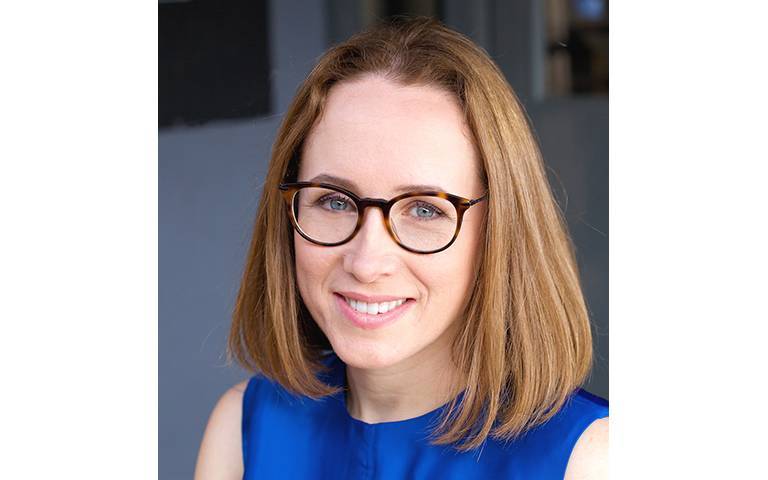Maria Chait

To mark International Day of Women in Science and International Women's Day, we caught up with Professor Chait to ask her about her research, her advice for women who want to follow a career in scientific research and her goals for the future.
What sparked your interest in studying auditory cognitive neuroscience?
It is really quite serendipitous. I had no special interest in hearing before I started as a PhD student. My PhD programme (in neuroscience and cognitive science) was very broad and included two years of classes before we were required to choose our topic. It so happened that the University of Maryland had a very active community of passionate auditory neuroscientists. They conveyed their enthusiasm so inspiringly and so vividly that it rubbed off. I can't imagine doing anything else now.
Can you tell us about your current research?
My research in recent years has focused on understanding the auditory system’s role as the brain’s ‘early warning system’. Hearing is sensitive to a wider space than the other senses (above, below, behind, in the dark…). In crowded environments, we rely on our ears to know what is around us, and to alert us to important changes - in many cases we hear events before we see them (e.g. a car which is about to appear from behind a bend).
Deficits in this ability can have profound implications for individuals’ safety, autonomy and quality of life. Work in the lab is seeking to understand these processes: what information about our surrounding environments is monitored by the auditory system, the underlying brain mechanisms, and how they are affected by the perceptual state and goals of the listener.
You have written about how the human brain can identify a familiar song in less than a second. Can you tell us about that study?
Yes, that project was actually conceived by a Post Doc and an MSc student in my lab as a kind of fun question inspired by “name that tune” radio shows. We wanted to see whether we can measure how quickly the brain can distinguish between a “familiar” or “unfamiliar” snippet of music. Turns out it can do it pretty quickly! Brain responses measured from participants who listened to a mixture of familiar and unfamiliar music snippets suggested that differentiation occurs within 300 ms!
What did your research into ‘inattentional deafness’ reveal?
This was a productive collaboration with Prof Nilli Lavie in the UCL Institute of Cognitive Neuroscience and a super talented PhD student – Kate Molloy. Using MEG (Magnetoencephalography) brain imaging we found that when participants were engaged in a demanding visual task, their brain responses to concurrently presented sounds were substantially attenuated.
The phenomenon of 'inattentional deafness', where we fail to notice sounds when concentrating on other things, has been observed by Nilli’s lab previously. However, this was the first time that we were able to determine that the effects are driven by brain mechanisms at a very early stage of auditory processing. Our findings support the hypothesis that hearing and vision share computational capacity such that depletion of this resource (e.g. when one sense is engaged in a demanding task), leads to failures of sensory perception and awareness.
The Daily Telegraph summarised the results as revealing “why you can get away with not hearing your partner while you’re flicking through facebook on your phone”. My kids also keep reminding me of this study every time I get upset they didn’t hear me call them for dinner “it’s not my fault mom – my brain is wired this way!”.
What specific advice do you have for young women – particularly those from BAME backgrounds – who are interesting in following a career in science?
Do it! Believe in yourself. Seek out mentors who can inspire and back you. And, I cannot stress enough the importance of networking - with other students in your department/programme and with more senior colleagues in your institution and at conferences. Networking is often something women find more difficult than men but is important both for figuring out the “ropes” in your field, for getting yourself noticed, and for meeting interesting people.
When she was three years old, my daughter made a Mother’s Day card at nursery. The kids were asked to describe their mothers to the nursery teacher who dutifully transcribed their words. My card began with “My mommy goes to work every day. When she comes home, she works some more…”. It took me a couple of years until I stopped feeling guilty about this card. I realised that one of the most important examples I can give my children is how awesome it is to have a career that one is genuinely passionate about.
Do you have any skills or talents that most people don’t know about?
Unfortunately not.
What’s a goal you have for yourself that you want to accomplish in the next year?
I couldn’t help but sigh when reading this question. In these trying times my goals mostly revolve around trying to stay sane and support people around me in doing the same.
 Close
Close

